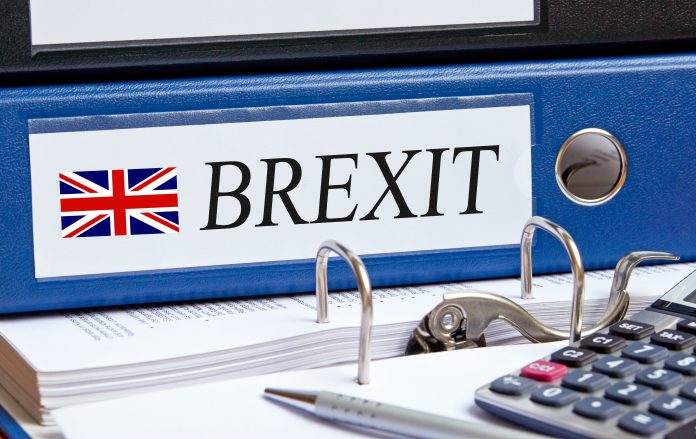Nic Redfern, Finance Director, NerdWallet , offers his expert advice on how UK business can prepare for Brexit
With Saturday 19th October marking the first time the House of Commons has sat on a Saturday since the Falklands conflict, business leaders and civilians alike hoped for some clarity amongst the Brexit uncertainty. Yet despite the urgency in which the session was called – an attempt by Prime Minister Boris Johnson to get his Brexit deal through parliament – little progress was made. As such, the UK remains in limbo.
We’re certainly in uncharted territory, and for the private sector, it is clearly frustrating not being able to plan for the future given these uncertain conditions. It’s vital, therefore, that business leaders have a strategy in place to ensure they are effectively positioned to manage any sudden political shocks as well as long-term uncertainty.
Understand and prepare your team
Perhaps inevitably, business circles continuously focus on how the UK, EU and world economies will be affected by each possible permeation of Brexit. Whilst this is understandable, I fear that the qualitative side of Brexit is not receiving sufficient attention.
People management should never be ignored – after all, it’s the employees who facilitate the smooth running of a business. So, make sure you fully utilise the HR expertise at your disposal to ensure the careful management of issues like working visas. Doing this in good time and with a personal approach will be the best route to reassuring your employees that you remain committed to solving any challenges that may arise.
Analyse, model, plan and save
While it is a difficult objective to achieve, your business should strive to understand how Brexit could specifically impact the manner in which you operate, should it be changes to customs or administrative procedures. For example, rates on different commodity codes are likely to change significantly in the event of a no-deal Brexit. However, don’t be afraid to go a step further and forecast how it will affect your long-term revenues and cash flow. Integrate this into a few medium-term models to get a rough read on what different Brexit outcomes will mean for you. This will ensure you will be prepared for any scenario.
If it looks like things could turn sour, put aside some cash for a rainy day. Cash is what your business runs on, and uncertainty can make a halt in cash flow likely. Ensuring you have a “buffer-fund” to cushion any potential financial blow is necessary in times of uncertainty, transition and change.
Get things ironed out with your European partners
One major concern amongst business leaders is the uncertainty hanging over those businesses that engage with European-based organisations in the post-Brexit world. The relationships will inevitably shift, so it’s vital you’re up to date with the latest legal and communicative tactics. It might be the case, for example, that you add a Brexit cost-sharing clause to your contract, meaning that any additional currency or supply costs are distributed fairly between all parties, and if they rise above a threshold, the cost-incurring party has an option to terminate.
These kinds of measures have many applications to help you manage currency, personnel, trademark and standards changes. At the very least, be sure you and any European partners are at least on the same page about how you can work together in a post-Brexit economy.
Look to opportunities in the UK
Where appropriate, switching to a UK-orientated supply change could proffer important benefits. It would mean your business can avoid the tariffs and potential red tape of trading in Europe post-Brexit, making your production process more efficient and cost-effective. It’s also worth noting that, if Brexit allows us to sell more freely with markets like Canada and Australia, demand for ‘Brand Britain’ might make exporting a more fruitful exercise; not a guarantee, of course, but it’s certainly a possibility in the long-term.
Whilst we remain locked in limbo for the time being, thorough preparation and clear stakeholder communication will help to weather what looks to be a period of radical transformation for the UK. Knowing all options, whether it’s changing your supply chain or adjusting business clauses to maintain European partnerships, will be invaluable. Call me an optimist; but thorough preparation might even create new opportunities to help your business grow stronger in the post-Brexit world.











